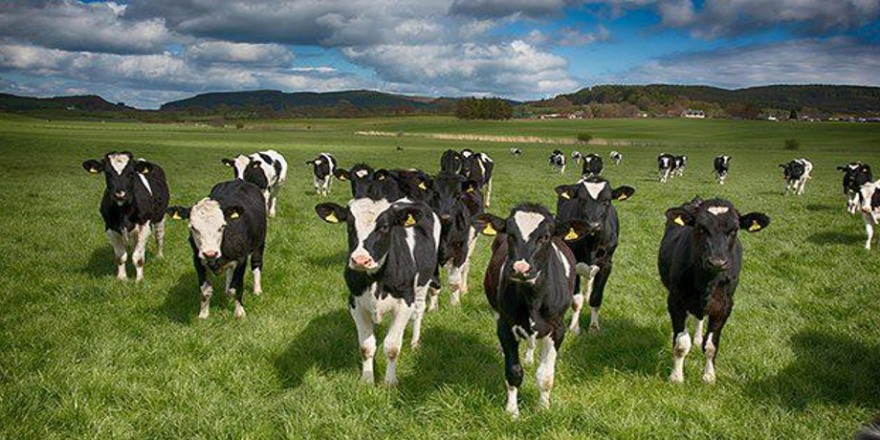
Executive Summary
World agriculture is dependent on and supported by cheap and readily available fossil fuels which have led to huge increases in global population, consumption, and economic prosperity.
Unfortunately, this has created undesirable side effects such as resource depletion and environmental degradation, and we may now be reaching the planet’s bio-physical limits. Renewables are unlikely to fill the energy void left by declining fossil fuels and agricultural systems need to adapt to face the threats posed by declining net energy, environmental effects, and approaching bio-physical limits.
Regenerative agriculture is gaining momentum as a profitable low-input farming system that addresses the current threats by treating the farm as an ecosystem, by delivering benefits to soil health, biodiversity, and plant animal health while reducing the impact on the climate and the environment.
When integrated with permaculture principles and implemented through a design process at farm scale, regenerative agriculture can provide better economic, environmental, and social outcomes to pastoral farmers when specific site and operational context is considered.
This report makes recommendations including that farmers better understand permaculture, and regenerative agriculture principles and the suggested design process to implement them at farm scale and that farmers create a 100-year plan for their farm based on these principles that considers economic, environmental, and social outcomes including well-being.
Download and read the full report here




